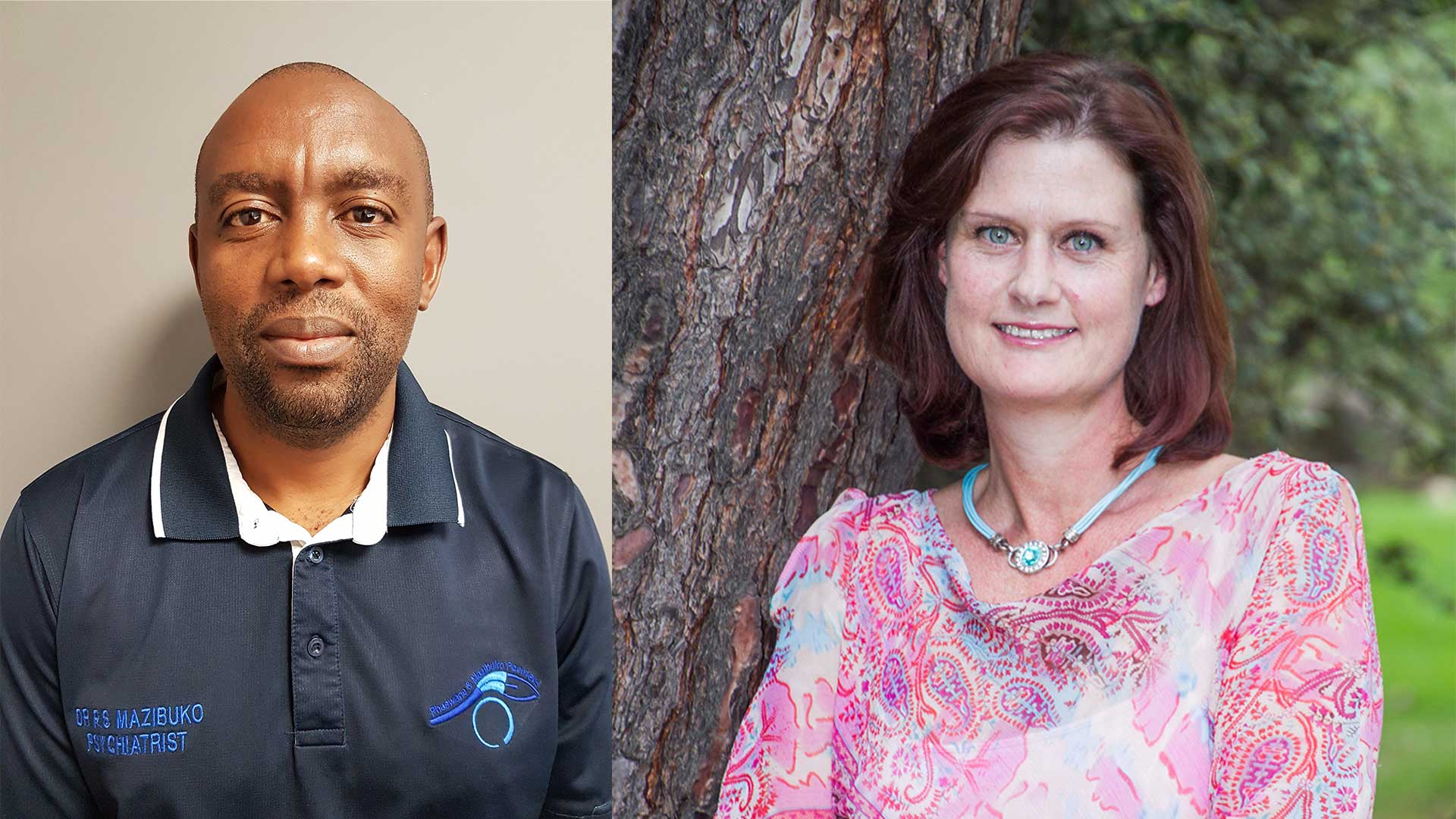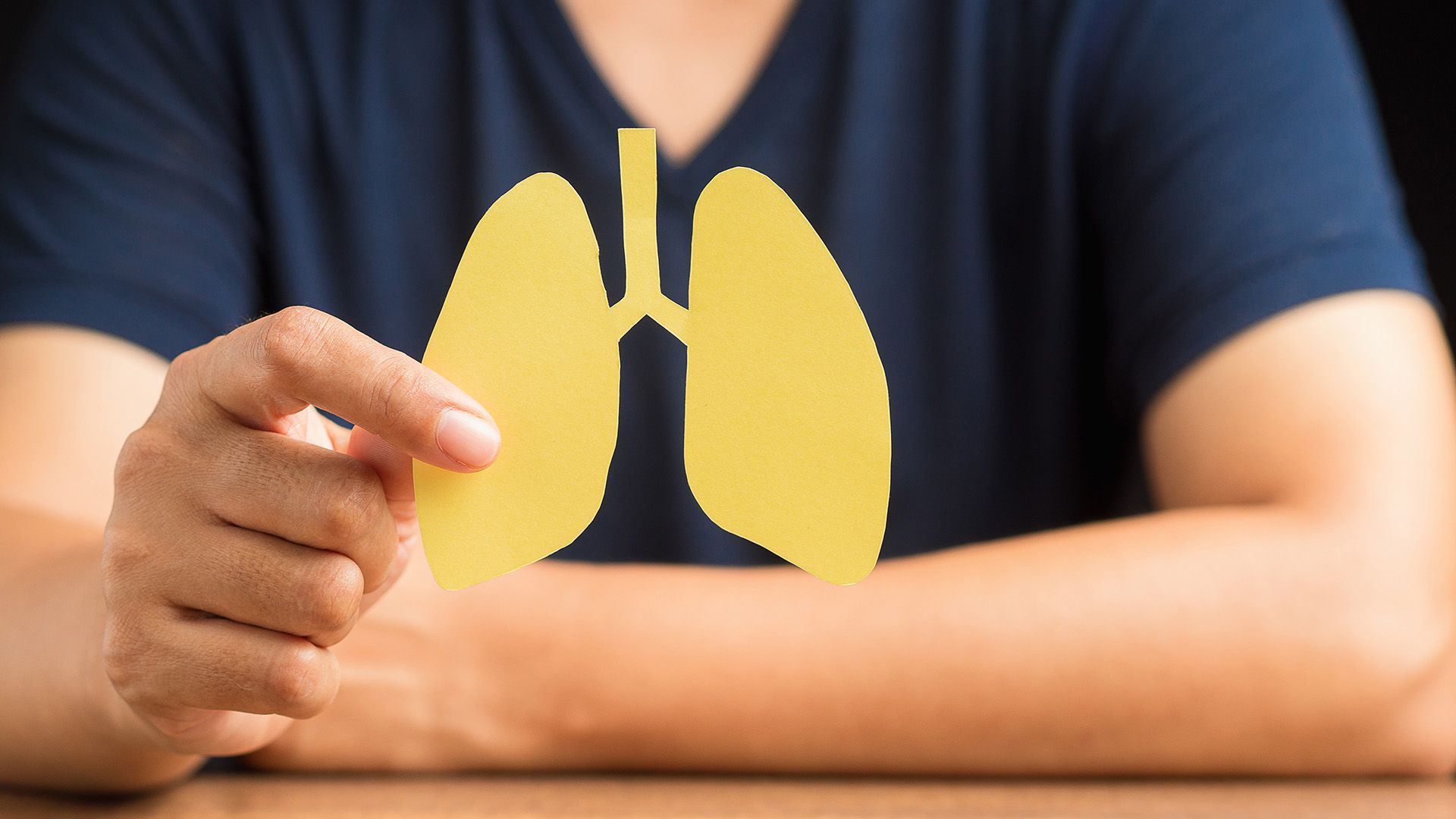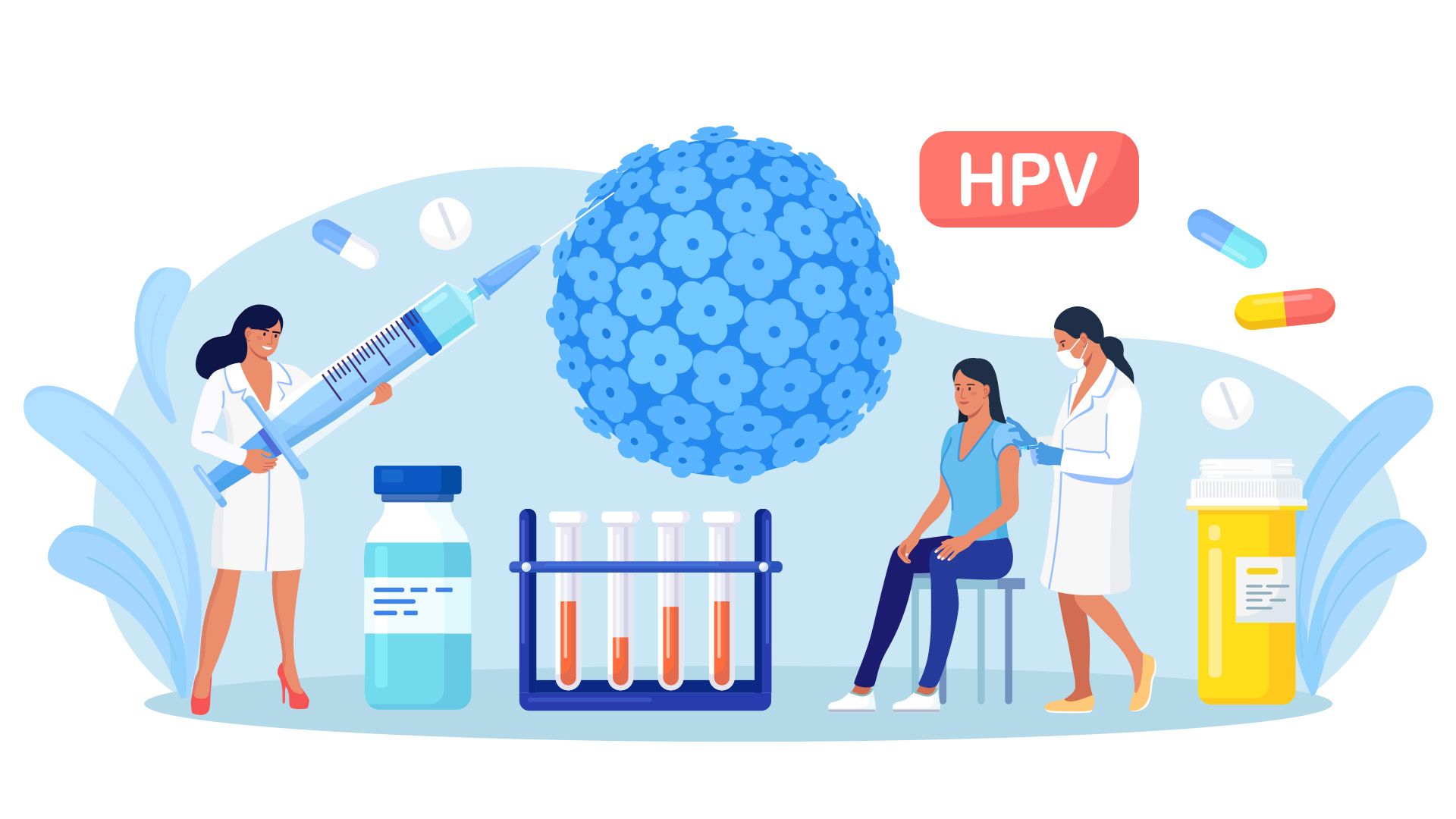Mental health rights “a community issue too”
March 17, 2021
Psychiatrist Dr Sizwe Mazibuko and Peta-Lyn Foot, program manager at Akeso Randburg
Stop discrimination and help support fellow citizens
With just a few days to go, many South Africans are looking forward to celebrating the significance of Human Rights Day on Sunday, 21 March. However, for those suffering with mental health issues this important public holiday is a stark reminder that our society is yet to fully recognise their needs and the tremendous hardships faced by them.
According to Dr Sizwe Mazibuko, a psychiatrist practising at Akeso Arcadia, mental healthcare users continue to face stigmatisation, not only in South Africa but globally. These individuals are medically ill in the same way those with physical conditions are, yet they receive less support, fewer treatment options and often, a lack of respect from their communities.
“Unfortunately, there is a dearth of resources and this is particularly problematic for those with mental health conditions. The length of in-hospital stay for those who do receive care is therefore often insufficient, added to which there are limitations in terms of healthcare cover. In the public sector lengthy waiting lists are a challenge and treatment is seldom optimal, due to the prohibitively high financial cost of drug therapy,” he adds.
Lack of education a major factor
Peta-Lyn Foot, program manager at Akeso Randburg – Crescent Clinic, points out that at a societal level, individuals suffering from mental illness are still widely viewed with fear or contempt. “Many people seem to be under the impression that these individuals should be in control of their illness and often take the stance that they should ‘pull themselves together’. This would be like telling a person with cancer or chronic heart disease that they need to just get on with it,” she asserts.
Dr Mazibuko agrees, noting that there is a general misunderstanding around psychiatry, with many individuals believing the discipline relates to patients with psychosis most of the time. The doctor explains that the opposite is in fact true. “The majority of mental healthcare users are perfectly functional people who need some help to stay on course, just as a diabetic may need insulin to manage their health,” he says.
Cultural and economic challenges
“A lack of education around mental conditions is an enormously debilitating factor. Added to which, cultural dynamics in South Africa can lead to serious mistreatment of those with cognitive disability; sometimes even in cases of elderly people with dementia, for example, who in the later years of their lives need help and care, and instead are met with fear and superstition and are therefore persecuted in the community.
“With such a large portion of our population living below the poverty line there are competing struggles at play, and for those living in underprivileged areas where basic needs are not even met, mental health issues are, understandably, often not understood. This is deeply saddening, as these individuals deserve to be treated with dignity, just like anyone else,” asserts Dr Mazibuko.
The Mental Health Care Act
Fortunately, as both Dr Mazibuko and Foot report, there have been many positive changes in mental healthcare in South Africa since the introduction of the Mental Health Care Act of 2002.
“This Act was put in place with the purpose of creating a shift in the system, from a custodial approach to encouraging more community care,” explains Foot. “This meant ensuring more appropriate care across all levels of society and easier access to treatment, highlighting discrimination and stigma, and eliminating unfair treatment and committals of those with mental illness. The Act is also about protecting individuals’ rights and dignity by giving patients more say in their treatment.”
Dr Mazibuko comments that he has noticed a marked improvement in the country since the Act was put in place. “The care of individuals has improved and there is considerably more access to reporting of mistreatment within facilities in both the public and private sectors. There has been a great deal more training as well, particularly among nursing staff who are at the coal face, but also among other service providers such as cleaners and porters, as they too come into contact with those seeking treatment.
Know your rights and seek treatment
“Despite these improvements however, the reality is that there is a long road ahead before the rights of those with mental health conditions are recognised at a community level. As a healthcare professional my advice is that these individuals should receive treatment at primary care level as soon as any signs of possible mental illness begin to show.
“If left untreated, certain mental conditions can lead to individuals committing crimes, in which case that person needs to be assessed at a forensic assessment facility. However, very few such facilities exist. In the meantime they have to wait in jail, which naturally can have a devastating effect on their mental health. When you consider this vicious cycle, it is ironic and tragic that we as a society have the power to assist the very people who we so often turn our backs on, leading to further issues in our communities and the abuse of human rights, something we as a nation have sworn to protect,” notes Dr Mazibuko.
Foot reinforces this message by stating that South Africans need to familiarise themselves at a community level with the rights afforded to mental health patients in the Mental Health Care Act:
- You have the right to not be discriminated against because of mental illness or disability.
- You have the right to safe and effective treatment.
Furthermore, according to the Patients’ Rights Charter of South Africa you have the right to:
- Be treated with respect
- Obtain your medical records
- Privacy of your medical records
- Make a treatment choice
- Informed consent
- Refuse treatment
- Make decisions about end-of-life care
“Those wishing to lodge a formal complaint against a health professional need to contact the Health Professions Council of South Africa (HPCSA). If it is a facility that one is wishing to report, the Mental Health Review Board is the appropriate body. You can also report general complaints to SA Federation for Mental Health (SAFMH). Those with mental illness who have experienced physical or sexual abuse must report their case either to Social Services or SAPS, or both if possible,” concludes Foot.













